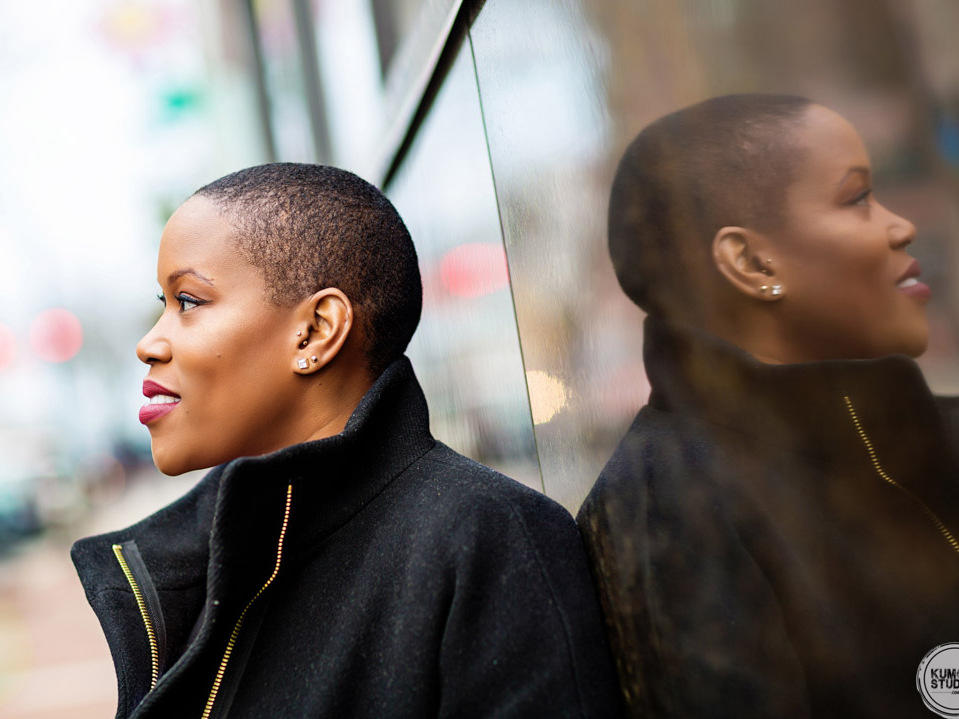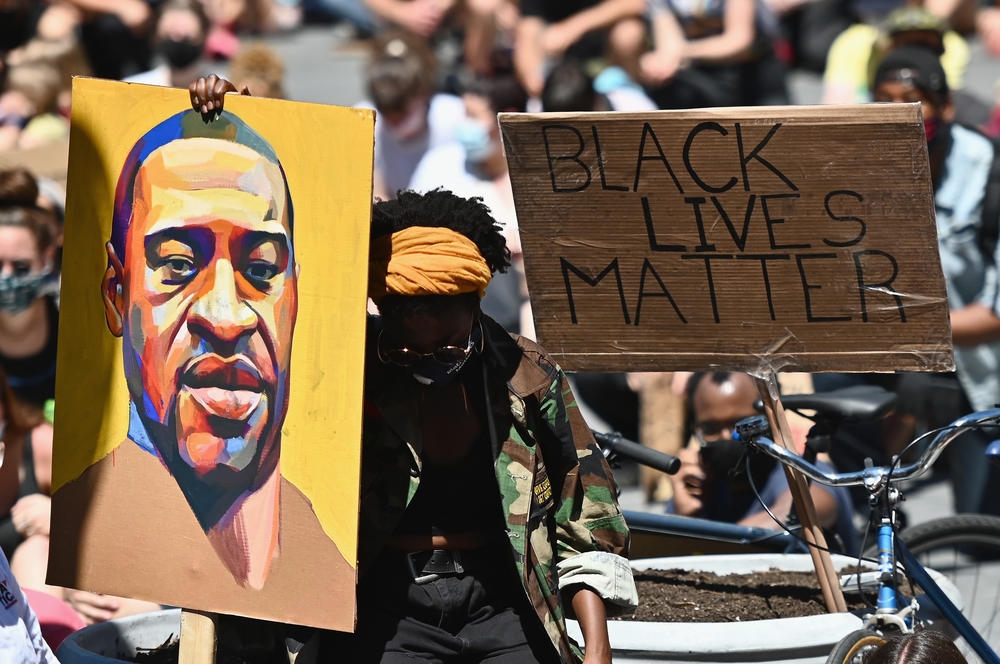Section Branding
Header Content
She's trying to archive Black Twitter. It's a delicate and imperfect task
Primary Content
Black Twitter has been a force since the platform started, creating a space for everything from discussing daily life to helping launch and spotlight movements like #BlackLivesMatter and #OscarsSoWhite.
Now, one woman is seeking to archive it, as Twitter's future appears uncertain.
Who is she? Meredith Clark is an associate professor of communications and journalism at Northeastern University. She is launching the Archiving Black Twitter project as part of the Archiving the Black Web initiative.
- Clark's research focuses on "the intersections of race, media, and power in digital, social, and news media," according to her university bio, and she has also spent years working as an editor, editorial writer and columnist.
- She says the term Black Twitter has many definitions, and hers is: "A network of culturally linked communicators who are using the platform to talk about issues of concern to Black life and in Black life."
What's the big deal? Clark says preserving Black Twitter will allow for a more accurate and complex retelling of the history of the internet. But it's not a simple task.
- Clark says it's impossible to collect — or even distill — the whole of Black Twitter. So instead there will be a collection of what are called "small histories."
- They are "parts and pieces of what has happened in this place and time, but they are not the end-all-be-all of Black Twitter," Clark told NPR, adding that it's a delicate balance.
- NPR's Dara Kerr and Bobby Allyn report that since Elon Musk acquired Twitter in October, the company's staff has been whittled down to about 10% of what it was before, following mass layoffs and others quitting. "Outages have become far more common [and] overall system bugginess has also become the norm for many users," they report.
Want more tech journalism? Listen to the Consider This episode on how social media use impacts teen mental health.
What is Clark saying? Speaking to NPR's Juana Summers, Clark outlined why the project was important — and feeling increasingly urgent.
On the power of preserving stories:
The power of that preservation is making sure that accurate narratives are told. There are so many instances where people might have forgotten about the truth of how something unfolded. One that sticks out in my mind is that, recently, there was coverage that made reference to Nikki Haley, the former governor of South Carolina, signing legislation to take down the Confederate flag over that state's Capitol following the massacre of the Emanuel Nine. And I took issue with that reporting because it erased the work of Bree Newsome and her comrades in actually scaling the flagpole at the state Capitol and taking that flag down. And without the witnessing that folks were able to do on Twitter, that narrative might be lost. And I think that that is just one reflection of many stories that require us to have plenty of evidence to make sure that they are told correctly.
On whether the changing dynamics of Twitter itself add more urgency to the work she's doing:
It does. It almost adds a sense of desperation. At this point, Twitter is now reaching out to researchers who have large-scale Twitter datasets and, in some cases, asking them to delete that data. And if that data is deleted, then it leaves those of us who study this grasping for information and grasping for records.
So, what now?
- The project launched this year and Clark says she is working with collaborators and inviting others to the project.
- You can read more and get involved on Clark's website.
- "There's a version of Black Twitter that I can talk about, that I've written about, that I study. But everyone who is a part of Black Twitter has a perspective on it. And by that regard, they have something to offer," she said.
Learn more:
- Can Black Twitter survive Elon Musk?
- What we lose if Black Twitter disappears
- NPR quits Twitter after being falsely labeled as 'state-affiliated media'
Copyright 2023 NPR. To see more, visit https://www.npr.org.
Bottom Content


